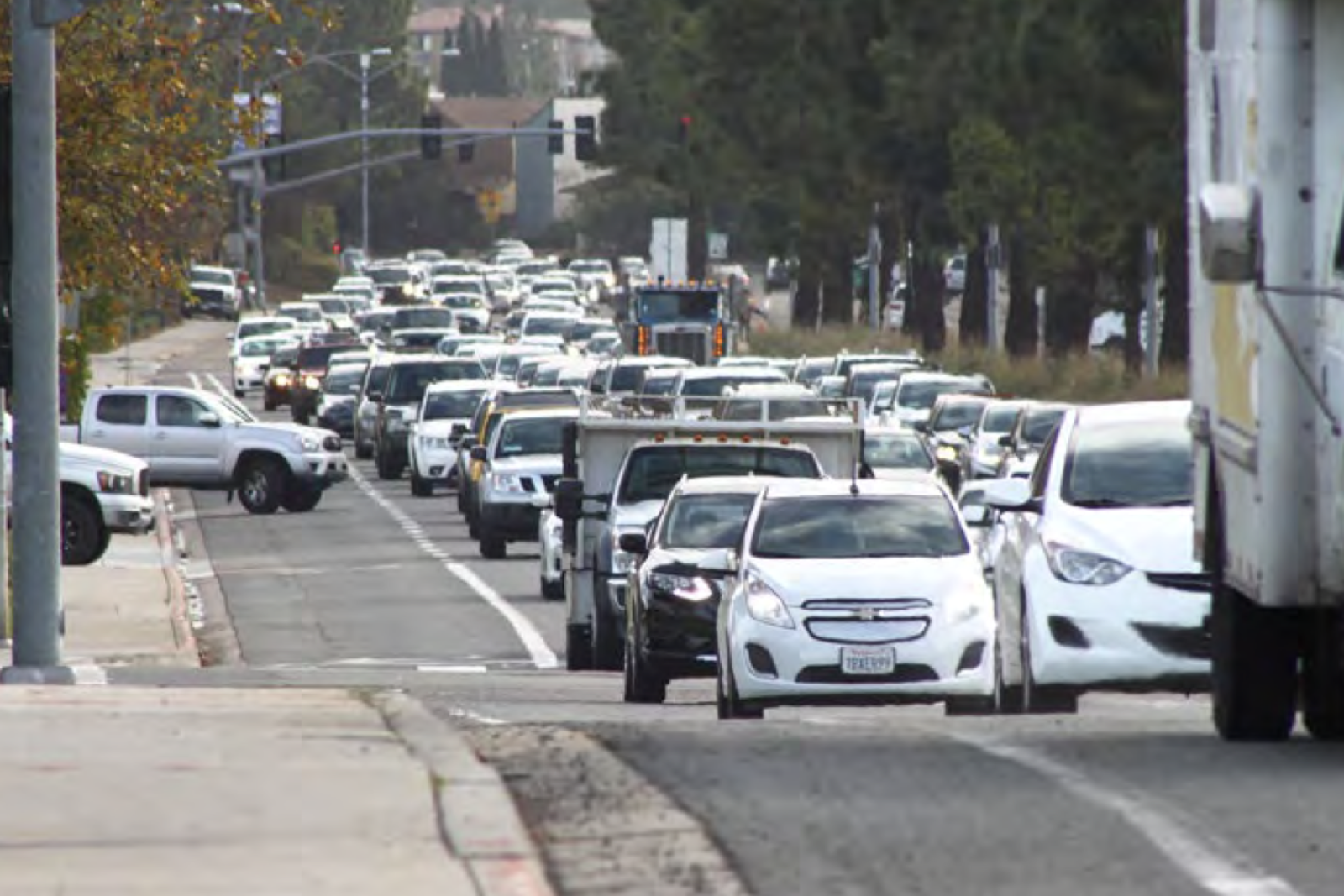This piece originally appeared in the Feb. 24, 2023, issue of the San Diego Union-Tribune, authored by Lisa Ross, chair of Sierra Club San Diego; Peter Andersen, vice chair of the Sierra Club San Diego Chapter Conservation Committee; and Josh Chatten-Brown, an environmental attorney representing the PQ-NE Action Group, which successfully challenged the Junipers project in Rancho Peñasquitos.
By Lisa Ross, Peter Andersen and Josh Chatten-Brown
San Diegans deserve sensible housing that offers protection from wildfires, traffic gridlock and the ravages of climate change. Sierra Club San Diego favors smart and affordable housing, and we are proud of our record supporting sensible development designed to ensure the health and safety of future residents and existing neighborhoods. This includes San Diego State University’s Mission Valley campus, which will provide nearly 5,000 housing units.
We enthusiastically support projects that comply with California state law from the planning stage through completion. The landmark California Environmental Quality Act (CEQA), which has been cynically maligned by the building industry, is an important tool for protecting the quality of life in California. It ensures the public’s right to participate in land-use decisions and holds public agencies accountable to the communities they serve. CEQA is no obstacle to housing projects that are planned properly and comply with state law.
Unfortunately, too many elected officials in California have swallowed the manufactured “anti-affordable housing” CEQA sound bite and continue to support projects that violate both the letter and spirit of the law.
Illegal projects put the public at risk for wildfire, gridlock, traffic, air pollution and accelerated climate change. They also threaten the quality of life for our communities and impede progress in confronting climate change. Moreover, ignoring CEQA at the project approval level invites avoidable and expensive construction delays.
The Sierra Club San Diego Chapter’s top priorities include combating climate change, holding local governments responsible for meeting their greenhouse gas emission reduction obligations, and advocating for affordable infill housing along public transportation corridors. The Office of the Attorney General of California has joined the Sierra Club in several successful CEQA lawsuits challenging sprawl projects in the county of San Diego for failure to mitigate wildfire and climate change impacts within the county.
The recent Junipers project in Rancho Peñasquitos is an example of irresponsible development. In May 2021, Sierra Club sent a letter to every member of the San Diego City Council detailing the environmental issues with the proposal for primarily single-family homes. The project is in a designated “very high fire hazard severity zone” far from any transit, with inadequate fire evacuation routes, and it provides no mitigation for the substantial greenhouse gas emissions produced during construction and operation, far exceeding the city of San Diego’s and the state’s Climate Action Plans.
Sierra Club also detailed that the project would produce vehicle emissions far above the city average with no nearby public transportation available now or in the foreseeable future. Cars and trucks account for over half of the city’s greenhouse gas emissions and air pollution. Additionally, we alerted the City Council to the absence of safe, effective wildfire evacuation routes in an area with a history of stalled evacuations and fire risks.
Sierra Club and other groups warned the San Diego City Council and Planning Commission that these violations of CEQA could end up in litigation. Yet the project was rubber-stamped while the cumulative impacts from other projects in the immediate area — one literally next door and already being constructed having escaped substantive environmental review — were ignored and appropriate mitigation was not required. In approving the project, the City Council failed to protect the people of San Diego from wildfire, evacuation, traffic and greater greenhouse gas emissions.
Thankfully, a community group cried foul because there was no analysis of the severe impacts of several other developments in Rancho Peñasquitos and Carmel Mountain Ranch. The group and its attorneys provided evidence that these projects would produce added wildfire and evacuation impacts from the thousands of future new residents living in a small area that were not studied and planned for.
This month, Superior Court Judge Ronald Frazier agreed that the city failed to consider the cumulative impact of adjacent projects on wildfire and evacuation routes. The people of San Diego County can thank this citizens’ group, the Sierra Club and Judge Frazier for protecting their health and safety, something the San Diego City Council failed to do.
The notion that San Diego must increase the supply of any housing, no matter where it is located, how it is built or whether it includes appropriate mitigation, is unsupportable. San Diegans should not have to expend time and treasure to uphold their rights to clean air, fire safety and transit-oriented housing when the law demands it. It is time that our public officials follow the law and protect the residents of San Diego from damaging and illegal projects.
Visit the San Diego Union-Tribune website for the original posting of this opinion piece.

